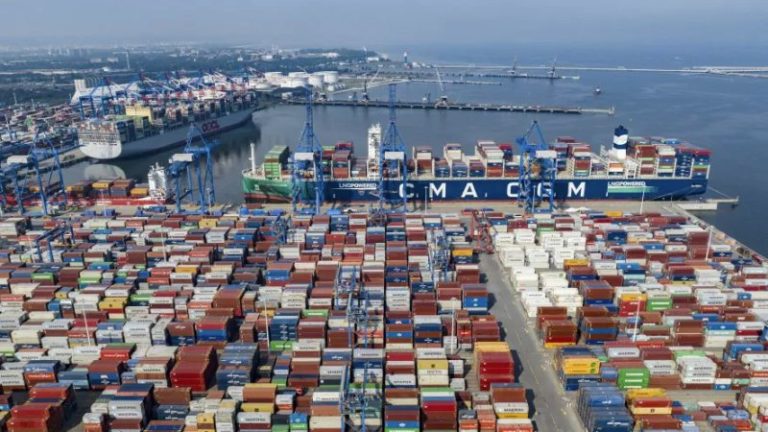On April 10, 2024, the World Trade Organization released forecasts with a cautiously optimistic outlook on the global trade landscape, predicting a gradual recovery in worldwide goods trade following a downturn in 2023. This downturn was attributed to the prolonged effects of high energy prices and inflation. Global merchandise trade volume is expected to increase by 2.6% in 2024 and 3.3% in 2025, bouncing back from a 1.2% decline in 2023. However, regional conflicts, geopolitical tensions, and economic policy uncertainty are highlighted as significant risks that could undermine these projections.
In the "Global Trade Outlook and Statistics" report, WTO economists point to a potential easing of inflationary pressures which would facilitate real income growth, particularly in advanced economies. This anticipated improvement is expected to invigorate the consumption of manufactured goods, supporting a recovery in the demand for tradable goods in 2024. Early indicators, such as new export order indices, already signal a favorable change in trade conditions at the start of the year.
WTO Director-General Ngozi Okonjo-Iweala emphasized the critical role of resilient supply chains and a robust multilateral trading framework in driving global trade recovery, enhancing well-being, and ensuring economic stability. She also highlighted the necessity to mitigate risks such as geopolitical tensions and trade fragmentation to maintain this upward trajectory.
Despite these optimistic forecasts, the report does not overlook the challenges of the past year. High energy prices and inflation significantly curtailed the demand for manufactured goods, leading to a 1.2% drop in the volume of global merchandise trade in 2023. Although there was a downturn in merchandise trade volume, the services sector presented a more positive picture, with commercial services exports rising by 9% to $7.54 trillion.
The continued decrease in import volumes across most regions, particularly in Europe, and the contrasting resilience in fuel-exporting economies underline the uneven impact of these global challenges. The report emphasizes how global trade has remained well above pre-pandemic levels, underlining the importance of resilience and adaptability in supply chains and trading frameworks as they navigate the complexities of the global economy.































































